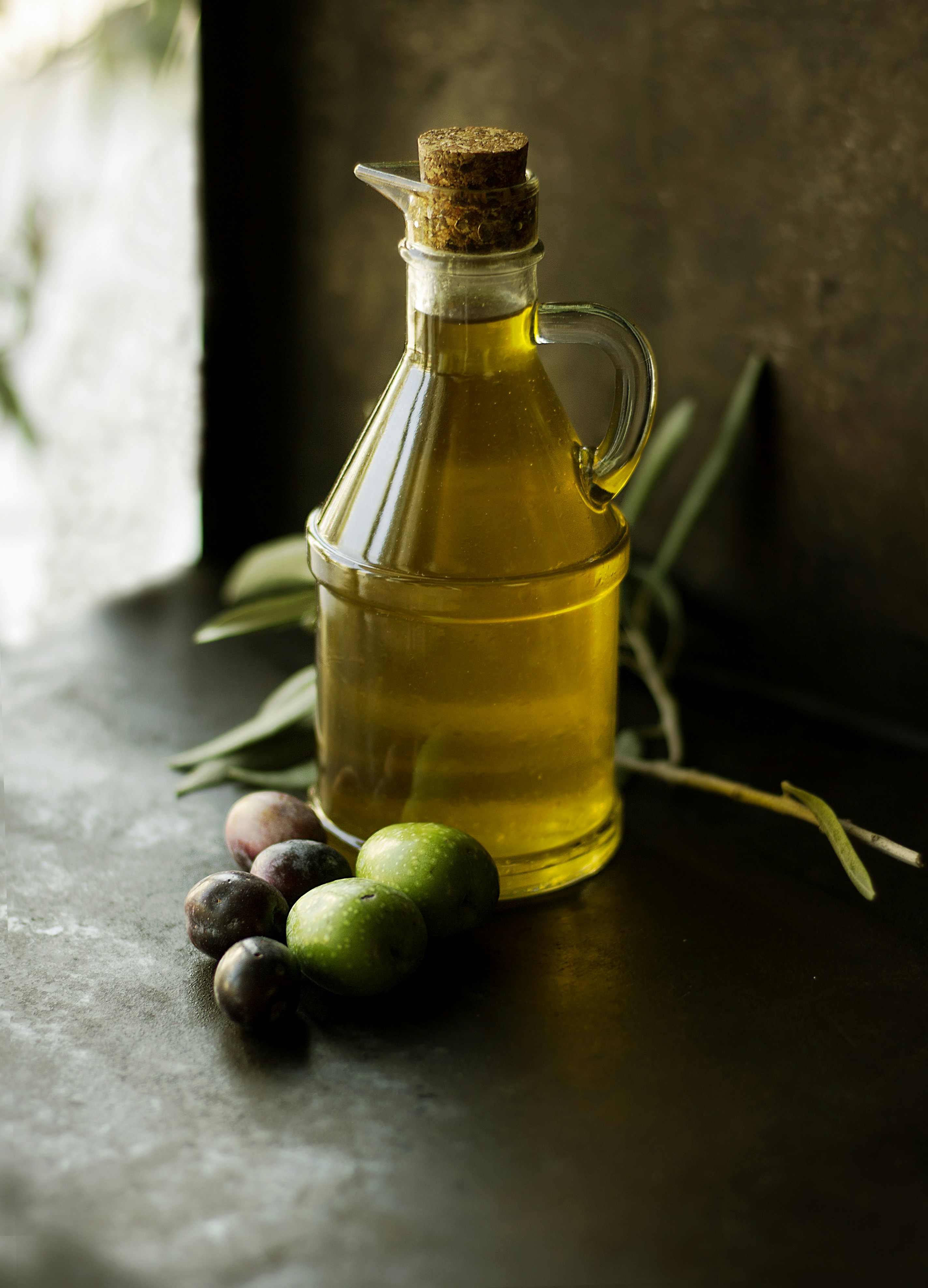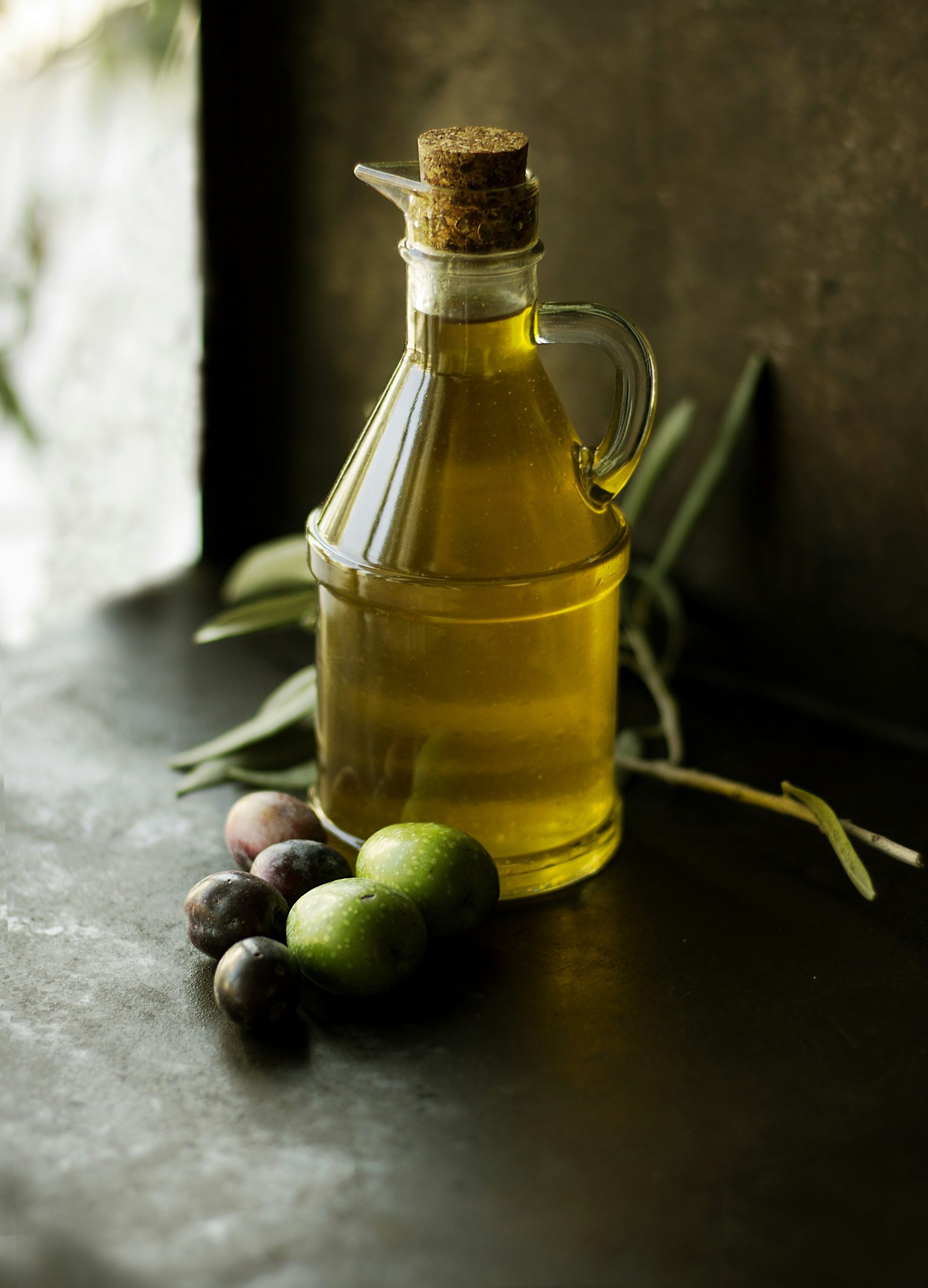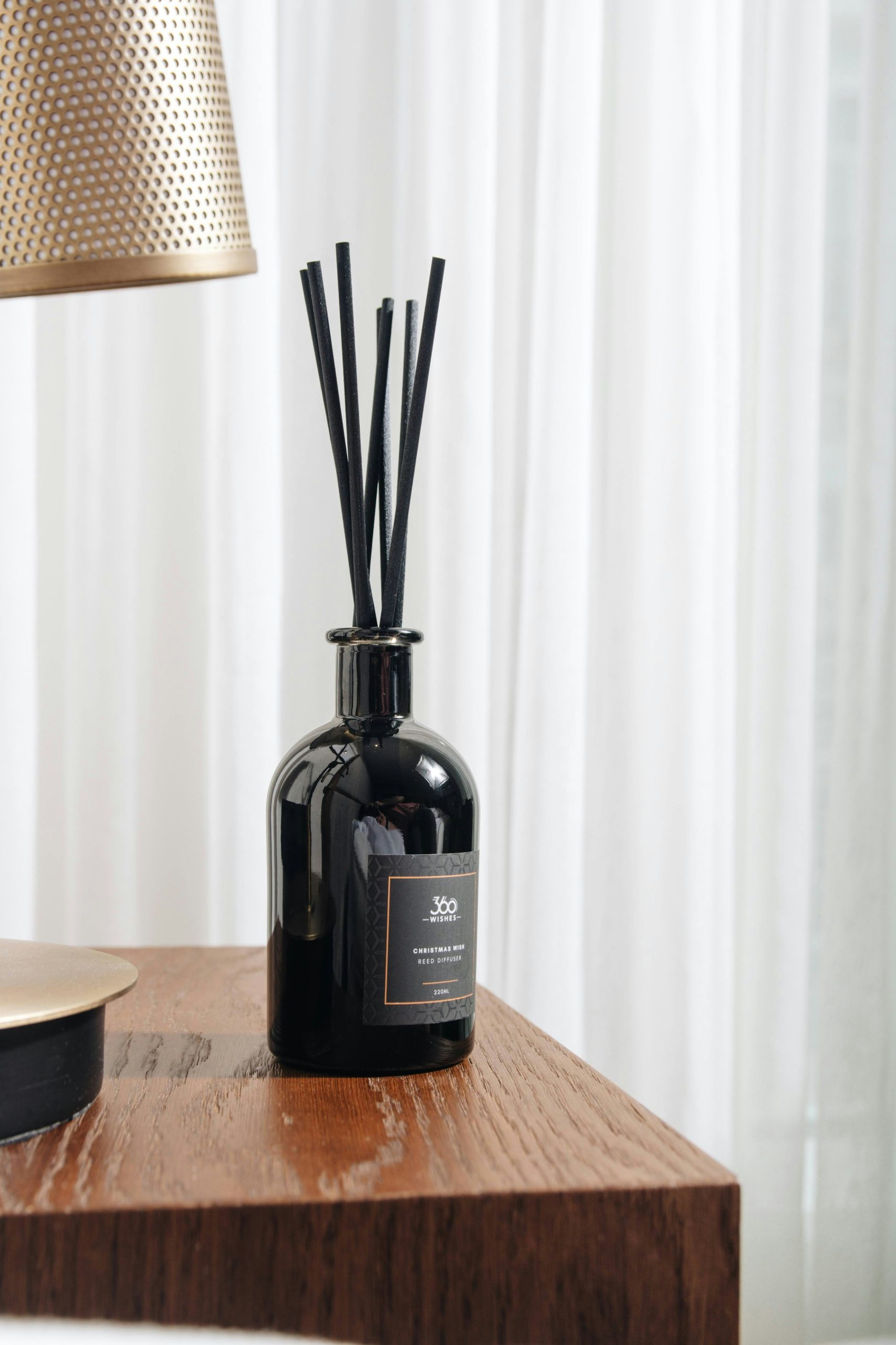How do oil diffusers impact aromatherapy practices?
Introduction to oil diffusers and aromatherapy
Welcome to the world of relaxation and rejuvenation through the power of aromatherapy! Imagine coming home after a long day, feeling stressed or fatigued, only to be greeted by the soothing scents of essential oils enveloping your senses. This is where oil diffusers step in as your personal oasis, effortlessly dispersing aromatic bliss throughout your space. Let’s dive into how oil diffusers can elevate your aromatherapy practices and enhance your overall well-being.
The science behind aromatherapy and essential oils
Aromatherapy is more than just a relaxing scent; it’s rooted in science. When essential oils are inhaled, the molecules travel through the olfactory system to the brain, impacting emotions and mood. Different oils trigger unique responses based on their chemical composition.
Essential oils like lavender can promote calmness and relaxation by interacting with neurotransmitters in the brain. On the other hand, citrus scents like lemon or orange may boost energy levels and improve focus.
The power of aromatherapy lies in its ability to influence our limbic system, which controls emotions and memories. This connection between scent and emotion has been studied for centuries across various cultures.
Whether you’re seeking stress relief, better sleep, or a mood lift, understanding how essential oils work at a molecular level can help you harness their therapeutic benefits effectively.
Benefits of using an oil diffuser for aromatherapy
Ever wondered how a simple oil diffuser can transform your space into a calming oasis? Using an oil diffuser for aromatherapy offers a plethora of benefits that go beyond just making your room smell nice.
Essential oils, when dispersed through a diffuser, can help promote relaxation, reduce stress levels, and even improve sleep quality. The therapeutic scents released by the diffuser can uplift your mood and create a more pleasant ambiance in any room.
Additionally, using an oil diffuser with essential oils like lavender or eucalyptus can also help alleviate symptoms of headaches, congestion, and allergies. These natural remedies provide a holistic approach to wellness that is gentle on both the body oil diffuser and mind.
By incorporating an oil diffuser into your daily routine, you can enhance your overall well-being and create a soothing environment where you can unwind after a long day. So why not indulge in the benefits of aromatherapy with the help of an oil diffuser today?
Different types of oil diffusers and their features
When it comes to oil diffusers, there are various types to choose from based on your preferences and needs.
Ultrasonic diffusers use water and ultrasonic waves to disperse essential oils into the air, creating a fine mist that also humidifies the room. These diffusers are popular for their whisper-quiet operation and ability to maintain the integrity of the oils.
Nebulizing diffusers do not require water and work by dispersing pure essential oil directly into the air in a concentrated form. They are known for their strong aroma diffusion capabilities, making them ideal for therapeutic purposes.
Evaporative diffusers use a fan or heat source to evaporate essential oils quickly, releasing their fragrance into the air. While these diffusers may not preserve all of the oil’s therapeutic properties, they are convenient for smaller spaces.
Heat diffusers utilize heat to gently warm and diffuse essential oils throughout a room. Although they can be effective in spreading aromas, some argue that high temperatures may alter the chemical composition of certain oils.
Choosing the right essential oils for your needs

When it comes to choosing the right essential oils for your needs, the options can seem endless. Each oil has its own unique properties and benefits, so it’s important to consider what you’re looking to achieve with aromatherapy.
Start by identifying your goals – whether you want to relax, boost your mood, or alleviate stress. For relaxation, consider lavender or chamomile essential oils. If you need an energy boost, citrus oils like orange or lemon could be perfect.
Take into account any sensitivities or allergies you may have when selecting essential oils. Always do a patch test before using a new oil to ensure it won’t cause any adverse reactions.
Experiment with different blends and combinations to find what works best for you. Trust your intuition and preferences when choosing essential oils – what smells pleasant and calming to one person may not have the same effect on someone else.
Remember that aromatherapy is a personal journey of self-discovery and well-being. Enjoy the process of exploring different scents and their effects on your mind and body.
Tips for using an oil diffuser effectively

To make the most out of your oil diffuser for aromatherapy, it’s essential to use it effectively. Start by choosing a suitable location for your diffuser, ensuring it’s on a stable surface away from direct sunlight and heat sources.
Next, carefully read the manufacturer’s instructions to understand how to operate your specific type of oil diffuser. Remember that less is more when it comes to adding essential oils – just a few drops are usually enough to create a pleasant aroma.
Experiment with different essential oil blends to find what works best for you. Whether you’re looking to relax, boost focus, or improve sleep quality, there’s a vast array of best humidifier for baby essential oils available with varying therapeutic benefits.
Keep your oil diffuser clean by regularly wiping it down and following any maintenance guidelines provided. This will help prevent residue buildup and ensure optimal performance over time.
By following these simple tips, you can maximize the effectiveness of your oil diffuser and enjoy all the benefits that aromatherapy has to offer.
Possible drawbacks of using oil diffusers
While oil diffusers can be a fantastic addition to your aromatherapy routine, there are some potential drawbacks to consider. One issue that may arise is the risk of overexposure to essential oils, which can lead to sensitivities or allergic reactions in some individuals. It’s important to use caution and moderation when diffusing oils.
Another drawback is the maintenance involved with oil diffusers. Regular cleaning is necessary to prevent mold or bacteria buildup, which could compromise air quality and negate the therapeutic benefits of aromatherapy. Additionally, some people find the noise produced by certain types of oil diffusers distracting or disruptive.
Furthermore, not all essential oils are safe for use around pets or young children, so it’s crucial to research and select oils that are pet-friendly and child-safe if needed. Despite these potential drawbacks, with proper care and consideration, oil diffusers can still be a valuable tool for enhancing your well-being through aromatherapy.
Conclusion: Enhancing your well-being with oil diffusers and aromatherapy
Incorporating oil diffusers into your aromatherapy practices can be a transformative experience. The science-backed benefits of essential oils combined with the convenience and effectiveness of oil diffusers make it easier than ever to enhance your well-being naturally.
By understanding the different types of oil diffusers available and selecting the right essential oils for your needs, you can create personalized aromatherapy sessions that cater to your specific goals, whether it’s relaxation, improved focus, or respiratory support.
Remember to use your oil diffuser mindfully and follow safety guidelines to maximize its benefits while avoiding any potential drawbacks. With consistency and experimentation, you can find the perfect blend of essential oils and diffusion techniques that work best for you.
By incorporating oil diffusers into your daily routine, you can create a calming atmosphere, boost your mood, improve air quality in your home or workspace, and promote overall wellness. So why not start exploring the world of aromatherapy with an oil diffuser today? Your well-being will thank you for it!


